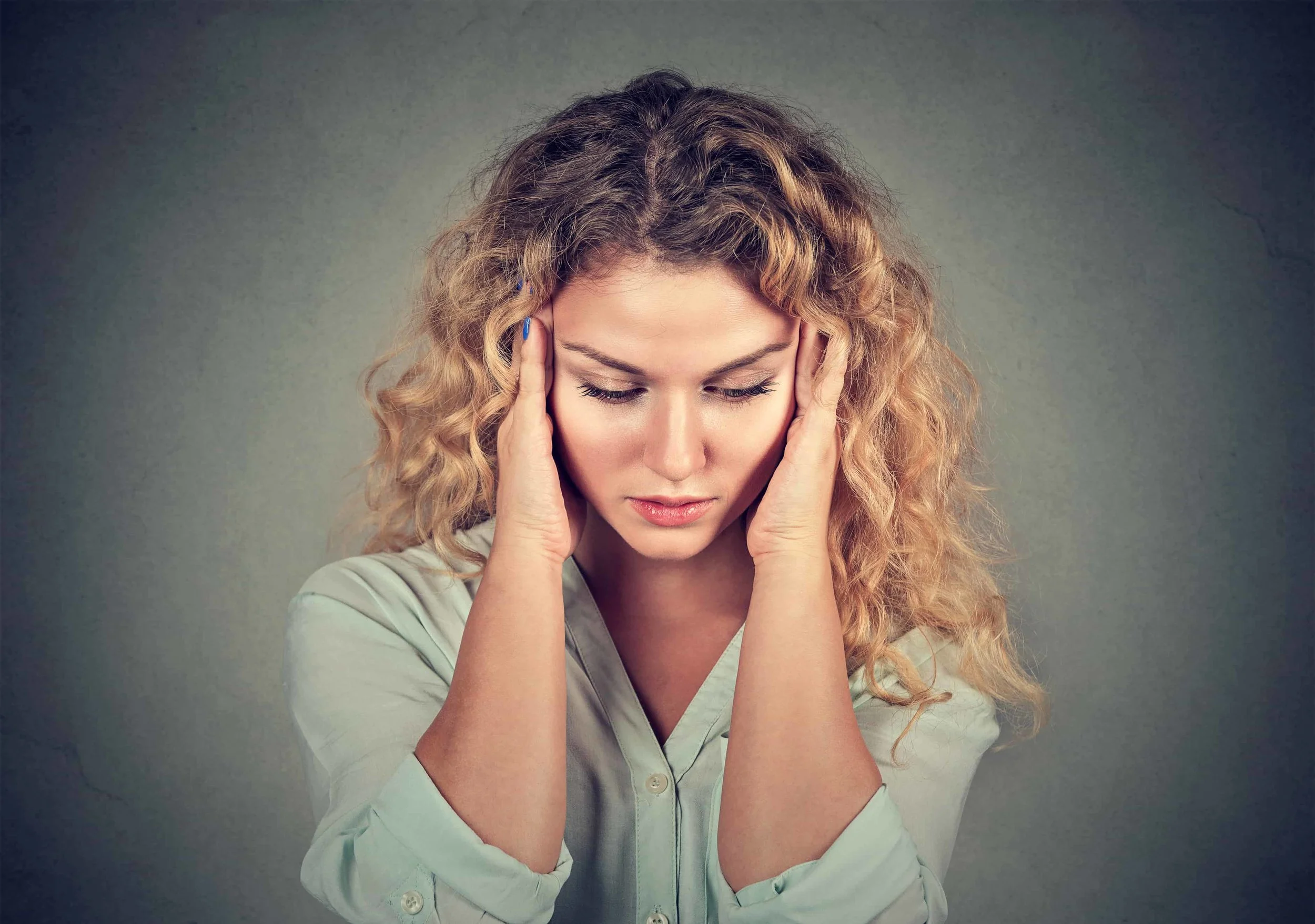If you or someone you love is struggling with fear and apprehension, here are 5 signs that may point to an anxiety disorder:
All humans experience a wide range of feelings and emotions. Some are more pleasurable than others, but even worry and fear can helpful in small doses. For example, a little bit of worry helps us to plan for the future, and a little bit of fear helps keep us safe. But when these feelings get out of control or begin to drive all our actions, they can significantly decrease our quality of life. This is particularly true for people who are plagued with persistent worry, apprehension, and anxiety. When these feelings get in the way of daily life and relationships, and when they get worse, not better, over time, it could point to an anxiety disorder.
What is an anxiety disorder?
An anxiety disorder is a mental condition marked by frequent, sometimes constant feelings of fear or anxiousness. While specific anxiety disorders, such as post-traumatic stress or obsessive–compulsive disorder are more easily classified, general anxiety disorder, also called GAD, refers to a consistent level of fear, worry, and anxiety that interferes with daily life.
5 signs you may have an anxiety disorder
Many of us are taught to “toughen up” and deal with emotions internally. This makes it difficult to distinguish between normal, everyday worry and more serious symptoms of persistent anxiety. If you or someone you love is struggling with fear and apprehension, here are 5 signs that may point to an anxiety disorder:
1. Constant worry
Worry is a normal and natural emotion, but not if you feel it all the time. If you worry constantly about a variety of things that don’t seem to cause as much worry in others, and if our worry does not ease up over time, it could be the result of an anxiety disorder.
2. Sleep difficulties
Some people have trouble sleeping before a big presentation or an important event. But those with an anxiety disorder find themselves unable to sleep night after night because they are unable to turn off their worries and fears.
3. Excessive fear
Some fear is normal, and it’s even helpful when it comes to keeping us safe. But when fear disrupts daily life and interferes with a person’s ability to work, sleep, travel, date, and experience new things, it is neither normal nor helpful, and may be a sign of an anxiety disorder.
4. Extreme social unease
Most people are uncomfortable going to a party where they don’t know anyone. This is very common. But for someone with an anxiety disorder, the idea is terrifying. Social anxiety may involve high levels of self-consciousness and intense fear of judgment in the presence of others, and even avoidance of other people altogether.
5. Physical symptoms
Physical manifestations of an anxiety disorder may include: muscle aches, fatigue, digestive issues (irritable bowel syndrome, loss of appetite, indigestion), dry mouth, irregular heartbeat and/or excessive sweating in response to thoughts, worries, and fears.
Help is available
Although the above signs may point to an anxiety disorder, self-diagnosis is not a replacement for clinical diagnosis. It’s also important to remember that diagnosis is not enough. Anxiety disorders do not disappear on their own, but treatment is available. If you believe you may be suffering from an Anxiety disorder, please reach out to a doctor, a friend, or a family member, and seek treatment today.
At Alvarado Parkway Institute, we’re here to help. For more information about our treatment programs for anxiety and other disorders, please fill out the contact form on our website or call our 24-hour referral and crisis line at (619) 667-6125.







